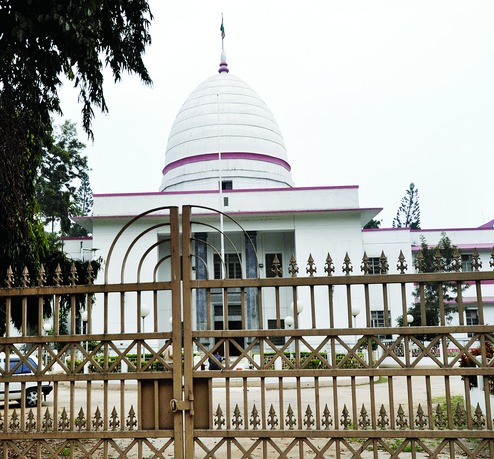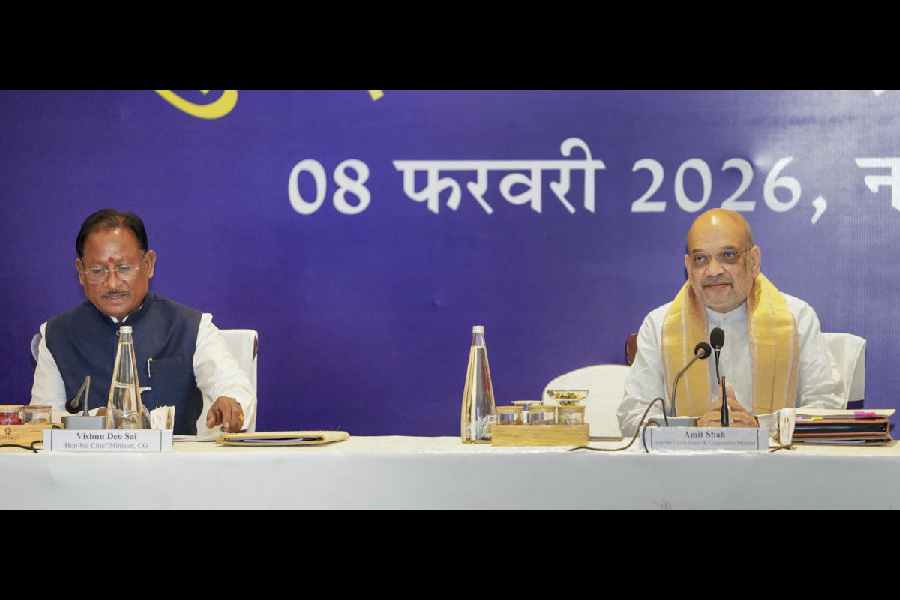
New Delhi, Dec. 3: The Centre today told the Supreme Court that "killings are part of the sovereign function discharged by the Union of India through the army", saying security forces could not be blamed for collateral deaths that critics describe as extra-judicial murders in Manipur.
"The army is only discharging its sovereign function of defending the country from external aggression and terrorist attacks, it cannot be blamed if some people are killed. The killings are part of the sovereign function discharged by the Union of India through the army," Attorney-General Mukul Rohatgi told the court.
A bench of Justices Madan B. Lokur and U.U. Lalit is dealing with two petitions that have sought an inquiry by the CBI or a special investigation team into an estimated alleged 1,500 extra-judicial killings by the army and other security forces in Manipur between 2000 and 2012. The army and other security forces operate in Manipur under the controversial Armed Forces (Special Powers) Act, which ensures effective immunity by making permission from the Centre mandatory for taking legal action against erring personnel.
The Attorney-General, who was assisted by defence ministry counsel Col R. Balasubramanyam, said the alleged 1,500 extra-judicial killings could not be treated as a regular law and order problem.
"These killings are part of efforts to combat insurgency as the country is threatened by anti-national forces. Such an exercise cannot be treated as a law and order problem," Rohatgi told the court.
The Attorney-General iterated that the government does not accept the Justice Santosh Hegde committee report on the alleged extra-judicial killings.
The committee, set up by the court in 2013, was asked to probe six encounters in which seven people were killed. The panel said in its preliminary findings that all the six encounters were stage-managed.
Amicus curiae Menaka Guru today told the court that as most of the encounters had taken place several years ago, court martial proceedings could not be conducted in these cases. Section 125 of the Army Act has fixed a limitation period of three years.
As a natural corollary, she said, the officers who carried out the extra-judicial killings must be prosecuted in regular criminal courts.
Justice Lalit observed: "When Parliament was attacked, security forces killed some terrorists. Did we have an FIR? Was any inquiry ordered at that time?"
The security forces and the government have been insisting that the encounters were genuine and they were fighting several guerrilla and insurgent groups against severe odds.
The arguments will continue in the apex court on December 8, 9 and 10.










